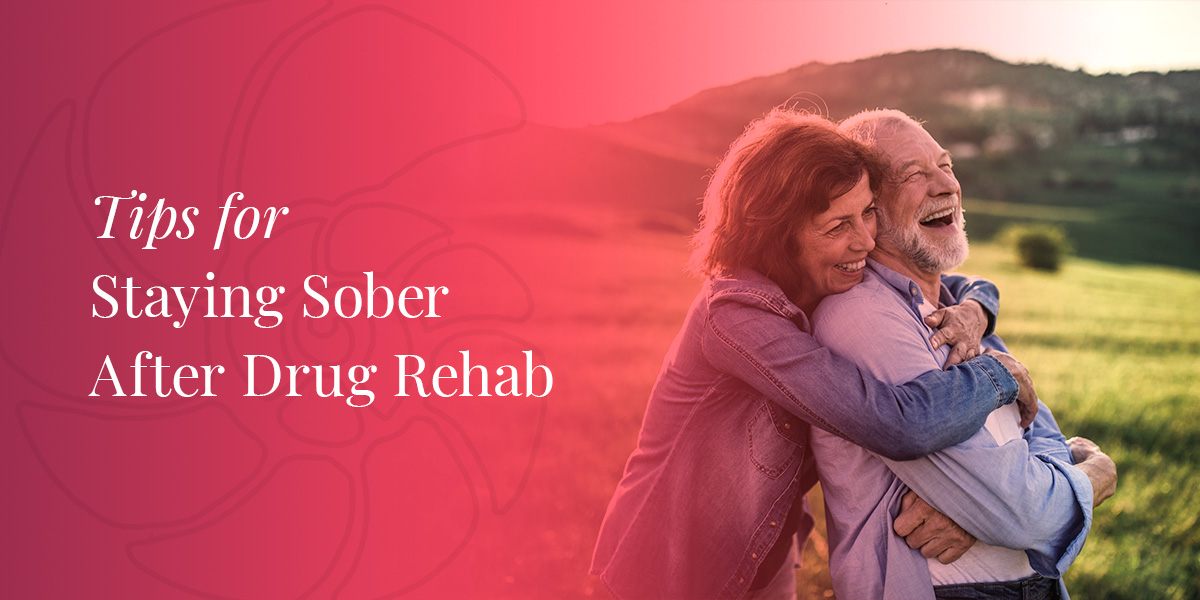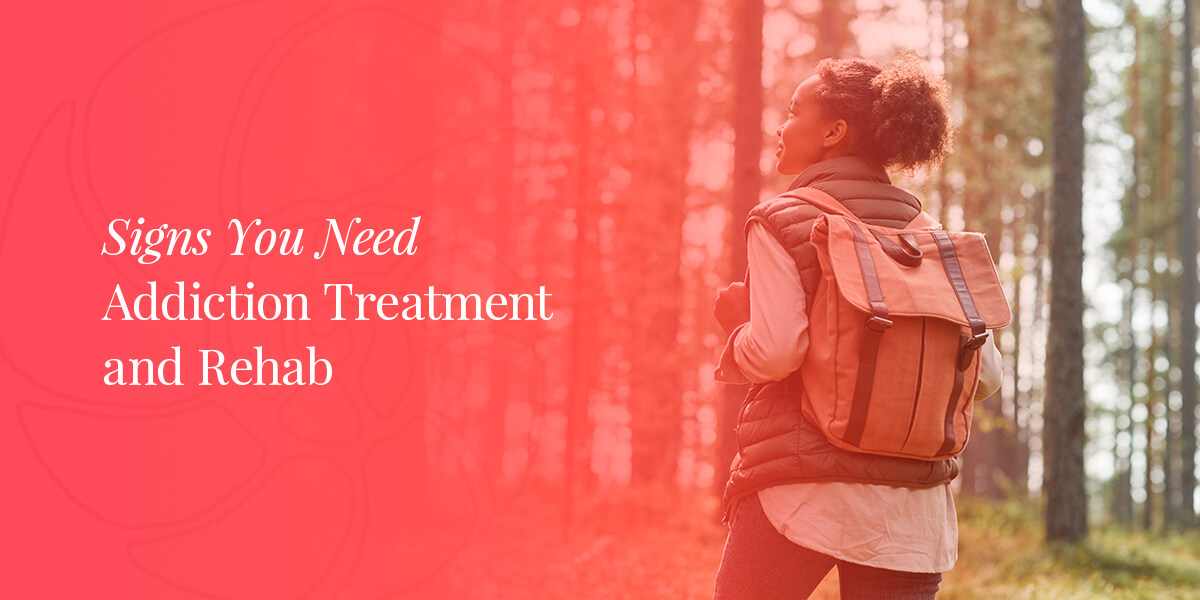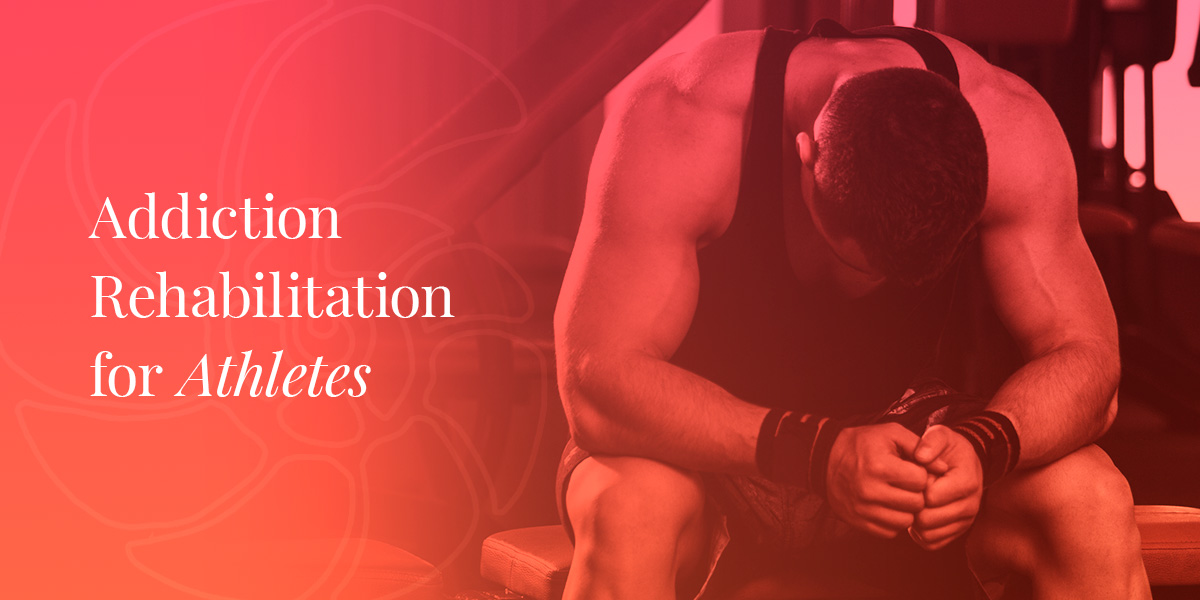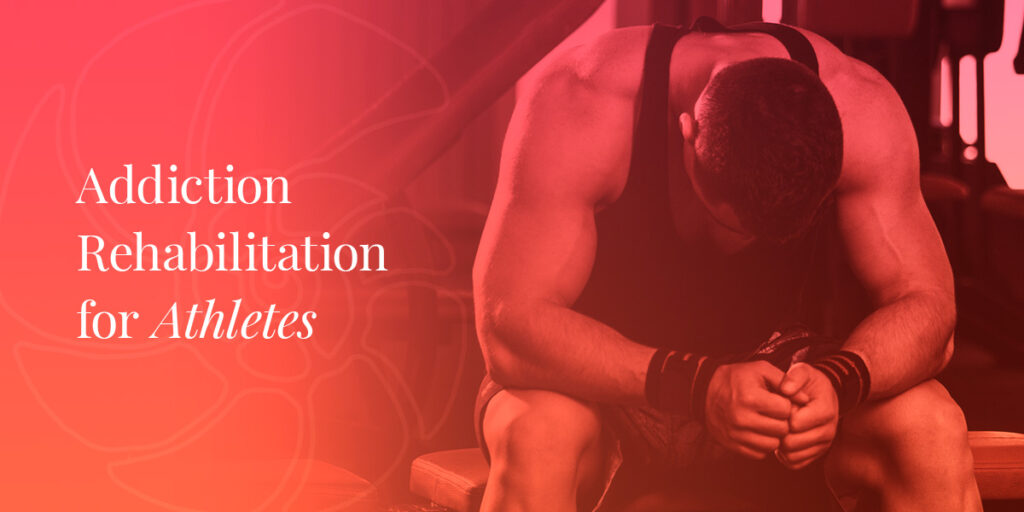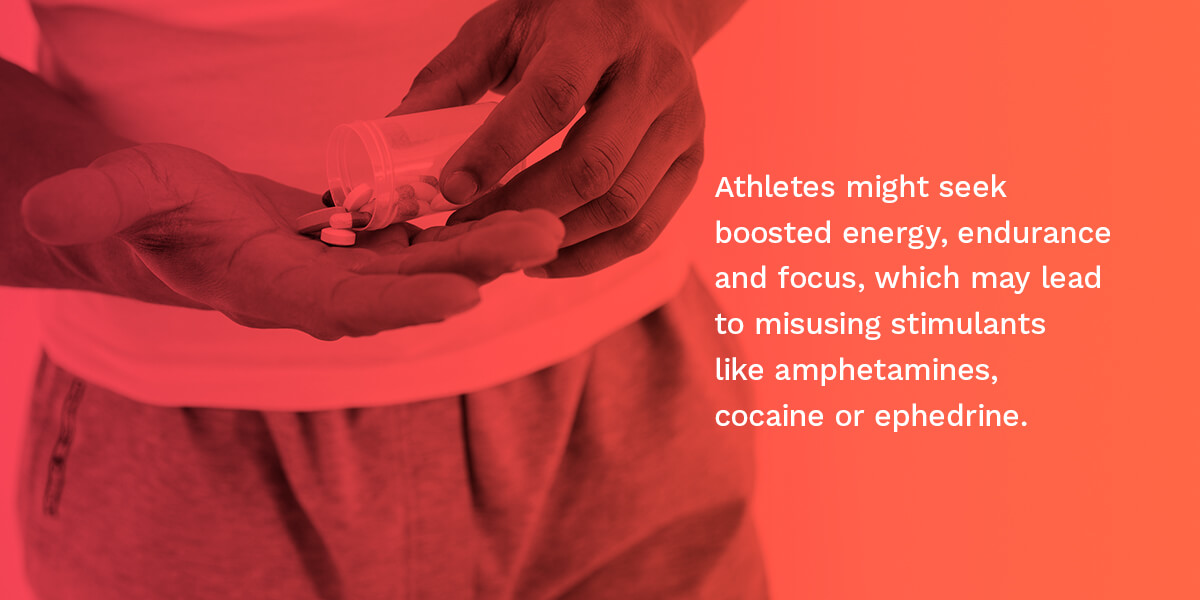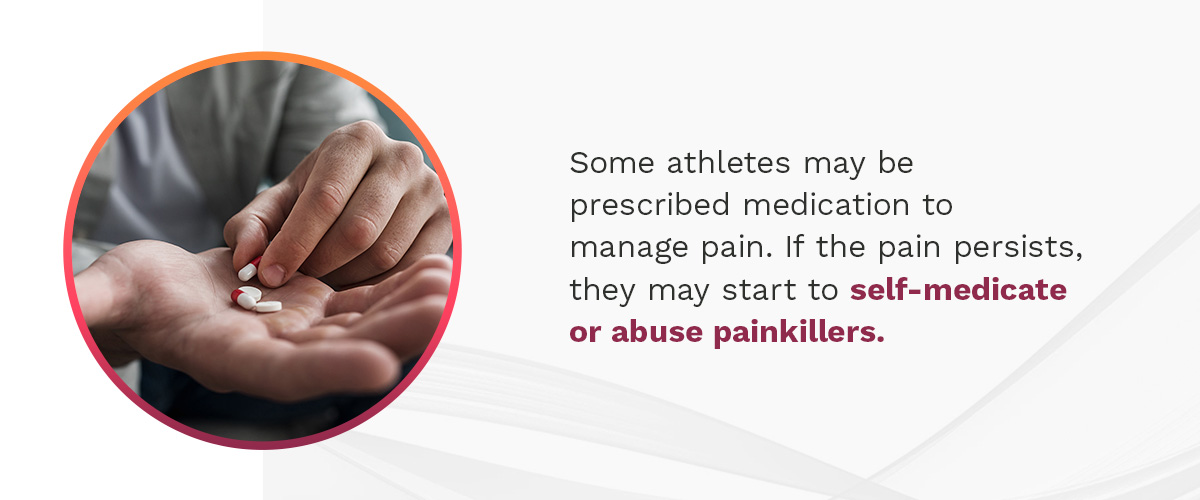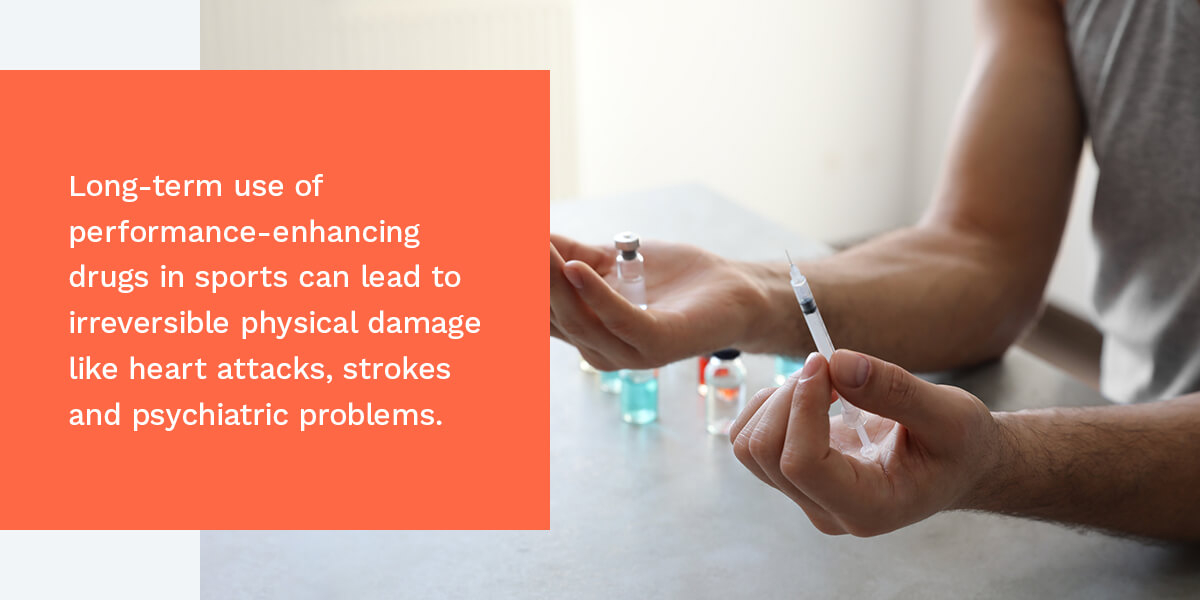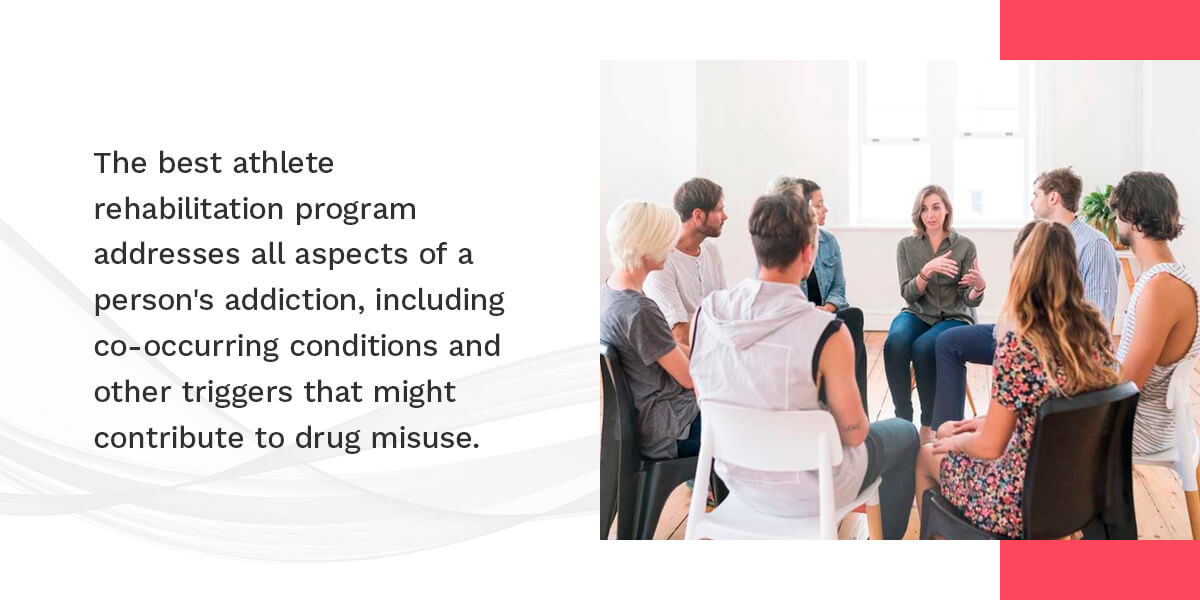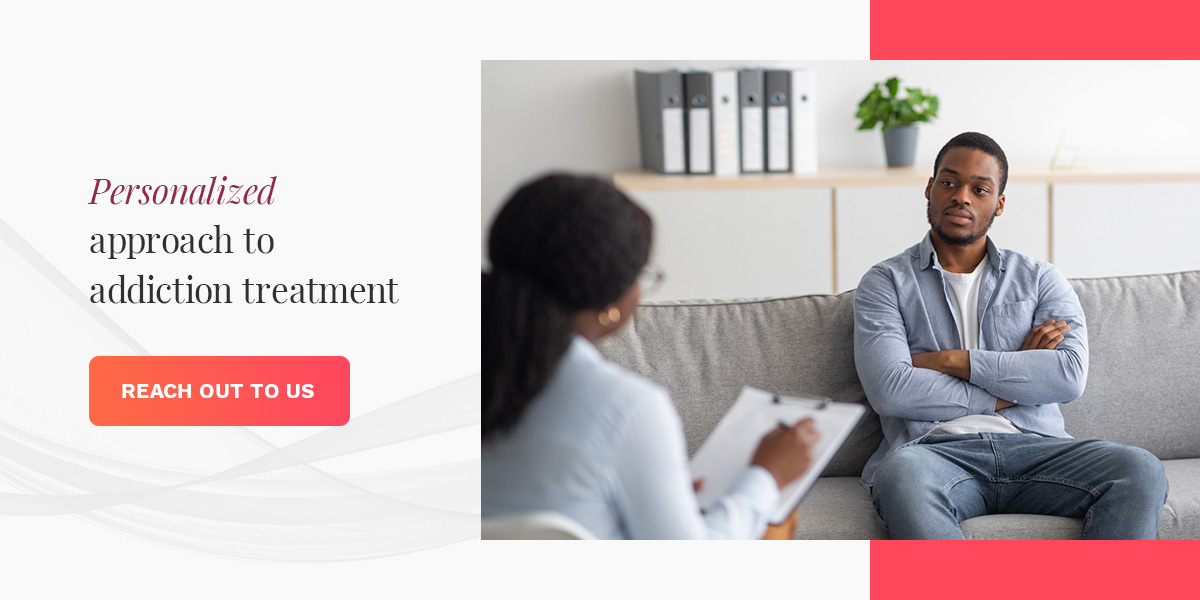How Addiction to Kratom Almost Ruined my Life
How Addiction to Kratom Almost Ruined my Life.
by Nichole Moninger
In my late twenties, I started having regular pain in my knees and throughout my lower body. Within just a few years, I was diagnosed with hEDS (Hypermobile Ehlers-Danlos Syndrome), an inherited connective tissue disorder caused by a collagen deficiency. The joints in my lower body, particularly in my knees and ankles, deteriorated over the next decade. Then in my early 40’s, I was also diagnosed with Lupus, an autoimmune disease that can cause pain and inflammation in any area of the body. Like hEDS, Lupus most commonly impacts the joints and skin. To say that I was experiencing daily chronic pain is an understatement, and I was looking for something to help manage this symptom. On a Facebook group for people with hEDS, I read about a woman who found pain management by taking Kratom.
Kratom (Mitragyna Speciosa Korthals) is a tropical tree indigenous to Southeast Asia. This herbal substance is most commonly consumed as a tea made from leaves or powder, but kratom can also be found in capsules, gummies, and even beverage shots. When consuming low doses (i.e. 1-5 grams), kratom typically produces stimulant effects; high doses (5-15 g.) usually cause sedative effects. However, kratom comes in a wide variety of strains (e.g. red, white, or green vein; Bali; Indo; Maeng Da; Malay; Sumatra; Thai; etc.), and how each strain impacts an individual varies widely.
In 2016, I started taking kratom as a powder and mixing it in a water bottle. The taste was disgusting, but it offered pain relief that I was desperately seeking. Within just a few years, I discovered that I could order kratom capsules online and have them delivered to my home in no time. I kept them in an old herbal vitamin bottle in my purse so that no one would know what they really were. Before long I became totally and completely addicted to kratom. I had to find a larger bottle to carry the capsules around with me in because I was taking close to 100 grams of kratom every day. I was spending over $500 a month on kratom capsules. When I tried to cut back on my use, I experienced vicious withdrawal symptoms.
The National Institute of Health tells us that kratom contains two opioid receptor agonists, mitragynine and 7-hydroxymitragynine, which means that it acts like an opioid in the brain. Moderate to heavy kratom users (i.e. at least 3 doses per day) typically experience cravings and withdrawal symptoms like those of opioid cessation within 48 hours of when they try to stop using kratom. Severe adverse effects, up to and including death, have been reported with kratom doses in excess of 15 grams when taken in conjunction with opioids, benzodiazepines, modafinil, and other medications. I was taking incredibly high amounts of kratom with opioids and benzodiazepines. I was hospitalized multiple times for overdosing and am truly lucky to be alive. I nodded out behind the wheel and rear-ended cars more than a few times; I could have easily killed someone.
In February of this year, I slept for about 14 hours and woke up not knowing whether it was morning or night. It was then that I realized the seriousness of my addiction and knew that I needed help. I called Transformations by the Gulf, and they arranged for a medical Uber to pick me up right away. I checked into a medical detox center, after which I spent 45 days at Transformations by the Gulf in Residential Treatment and Partial Hospitalization Program (PHP) and another 75 days in their Intensive Outpatient Program. I’m now almost 10 months clean and sober, and I honestly feel that I owe my life to Transformations by the Gulf. Their program and the staff changed my life in a way that I never could’ve done on my own. If you’re struggling with addiction to kratom, or addiction to any drug or alcohol, know that there is hope. If I can do it, so can you. Give Transformations by the Gulf a call today. I promise; you won’t regret it.
How to Get Started at Transformations by the Gulf
Allergic Reactions to Meth: How Common Are They?
An unexpected allergic reaction to meth is common. Methamphetamine is a highly addictive stimulant drug with substantial side effects that can worsen the more it is used. For some, a single dose can activate a severe reaction, while others may react after a period of usage.
Allergic reactions to meth can be fatal. Continue reading to learn more about what signs to look for to see if you are having an allergic reaction to meth and how Transformations By The Gulf can help.
What Causes an Allergic Reaction to Meth?
Allergic reactions to this drug are primarily due to an unexpected allergy to an ingredient in the substance — often from an added ingredient.
Methamphetamine is a dangerous drug, and it can contain additives that make it even more harmful. Dealers usually add these other materials to make the substance weigh more, ultimately selling less for more money. Common additives include powder-like substances, other medicines and metals — all of which have the potential to trigger an adverse reaction.
Symptoms of Allergic Reactions to Meth
Allergic reactions to meth often resemble overdoses, with symptoms such as:
- Dizziness
- Rapid heartbeat
- Fainting
- Circulation numbness
- Chest pains
- Muscle spasms
- Hallucinations
- Seizures
Meth users may also experience distinct allergy symptoms, like:
- Hives
- Swelling of lips, tongue and throat
- Difficulty breathing
What to Do If You Have an Allergic Reaction to Meth
Allergic reactions to meth can be fatal and should be taken seriously. If an allergic reaction occurs, call emergency medical services immediately. Whether the allergic reaction is life-threatening or not, you should see a medical professional to monitor your symptoms and facilitate healing.
It is also essential to remain calm in these situations. We understand that this is not easy to do, but feeling flustered may worsen symptoms. Staying calm and collected as the individual undergoing the allergic reaction or as the loved one assisting the situation can save a life.
Following medical care, methamphetamine addiction rehabilitation can be the next healthy step in recovery. These centers guide patients through therapeutic sessions and inpatient rehab programs to ensure this event does not happen again.
Contact Transformations By The Gulf and Start Your Journey Today
Regardless of whether you have suffered an allergic reaction to meth, this powerful substance can harm your body. At Transformations By The Gulf, we are committed to helping patients work through addiction and learn applicable skills in real-world situations to prevent relapse.
Please reach out to our team today to learn more about how we can help you or your loved one recover from addiction.
If you or someone you know would like to know more about Transformations by the Gulf Substance Abuse Treatment Center Give us a Call 24/7 (727)498-6498
The success of a person’s recovery depends on the level of personalized treatment provided. It is important to find an addiction treatment program that works. When we say our treatment is individualized, we mean that we craft a program that is tailored to address the client’s unique physical, mental and emotional needs.
In the client’s first 24 hours with us, we’ll evaluate their current state and work to understand what challenges they need to overcome. They’ll also have an initial session with our doctor and meet with one of our licensed mental health professionals.
After the initial evaluations, we’ll design a treatment plan with the sole mission of helping the client overcome and heal from addiction. Their program will focus on things such as:
- Addressing and Identifying root causes of addiction.
- Creating a support system.
- Developing healthy stress management techniques.
- Eliminating Substance use.
- Learning how to communicate emotions effectively.
- Maintaining a healthier lifestyle.
- Repairing damaged relationships.
Our Facility is near the beach and offers a comfortable setting for substance abuse treatment and recovery.
What a Day is Like in Our Treatment Facility.
Why Transformations by the Gulf?
The Role of Forgiveness in Addiction Recovery
The Role of Forgiveness in Addiction Recovery
Addiction and forgiveness can be challenging to reconcile for many people in recovery. When you first seek treatment, it's common to experience feelings of resentment, guilt, shame, sadness or anger when met with memories of the past. You might find it difficult to work through trauma, and being around triggers can often intensify complex emotions.
However, forgiveness in recovery is crucial. Learning to forgive the past and center yourself in the present can lead to a healthier, happier future. Learn more about the role of forgiveness in recovery and a few practical steps you can take to forgive yourself and those around you.
Why Forgiveness Matters
Addiction is often a way to handle trauma, abuse or neglect. When a person enters recovery and stops drinking or taking substances, the wounds often resurface, bringing an array of emotions with them. The healthiest way to heal and achieve a substance-free life is through forgiveness. Forgiveness matters because it:
- Prevents health complications: Holding onto anger and resentment can be detrimental to health, leading to risks like high blood pressure, high cortisol levels and increased risk of a heart attack.
- Prevents negative feelings: Moreover, resentment in recovery can keep you focused on negative feelings and keep you feeling like a victim. This mindset can make it difficult to enjoy positive emotions and move forward productively. It can also give more power to the person who hurt you.
- Helps you heal: Forgiveness doesn't necessarily mean you need to invite people back into your life. It's primarily focused on letting go of anger and choosing to not let it affect your life in unproductive ways. When you can let go of the pain, you can start to heal the mind, body and spirit.
- Provides a sense of freedom: Most importantly, forgiveness provides a sense of freedom, where you can move forward without shaming yourself over past mistakes. Many people persist in self-destructive behavior because they feel shameful or deserving of their suffering. The problem is that this mindset limits your ability to move on. Recognizing forgiveness in your recovery journey can help you work every day to become a better person.
Forgiving Others
Forgiveness in recovery is crucial, as it can help you let go of any resentment that might be holding you back. While certain people or events may trigger feelings of anger, bitterness or depression, professional treatment can help you process trauma and move forward with a healthier mindset. It's a process that takes time, and a choice you'll have to make over and over again. The Role of Forgiveness in Addiction Recovery.
When we are hurt by someone, especially by those we love and trust, it can lead to anger, sadness and confusion. Dwelling on the harmful situation can allow hostility to take root. Allowing these negative feelings to crowd the positive ones can cause you to bring bitterness into new relationships and experiences and become depressed and anxious.
Forgiveness is not about forgetting, nor is it about excusing the harm done to you. It's about recognizing how resentment can continue giving others power over you and making the intentional decision to let go. Sometimes forgiveness can even lead to feelings of understanding and empathy toward those who once wronged you. However, it doesn't necessarily mean inviting that person back into your life.
Forgiveness in recovery can lead to improved health and peace of mind. You can also appreciate healthier relationships, better emotional and mental health, less anxiety, reduced symptoms of depression and improved self-esteem. When you can free yourself from the pain and resentment, you can truly heal and embrace hope.
Forgiving Yourself
Many people struggle to forgive themselves in recovery, but it's just as necessary and healthy as forgiving others. Grace and compassion can help you heal and allow you to provide that to others as well.
Forgiving yourself requires empathy, kindness and understanding. It's also about accepting that forgiveness is a choice. However, moving forward is often easier said than done. Try to remind yourself that humans are imperfect and we all make mistakes. The trick is learning to move on from setbacks. As uncomfortable as it may feel, there are things in life worth enduring the process to move forward, and forgiveness is one of them.
Focusing on your emotions and processing them healthily is a crucial step toward forgiveness. Give yourself permission to accept your feelings that might be triggering you. When you identify your feelings and give them a voice, you can start to accept that mistakes are inevitable and how freeing forgiveness can be.
How to Forgive: 5 Practical Steps
Ultimately, forgiveness is a choice not to let anger or resentment consume you anymore. While the process may come easy to some, others just starting on their journey can find it difficult.
Here are 5 practical steps to forgive yourself and others:
1. Allow Yourself to Grieve
One of the first steps in learning to forgive is allowing yourself to grieve. Before you can move forward, you need to give yourself permission to accept the feelings that have triggered you. While you do not need to forget about your past, accepting your feelings can provide peace around any complicated emotions you're experiencing. So, breathe, pause and take care of yourself before turning to the problem at hand.
2. Work Through Feelings on Paper
Writing can help you discover your inner critic and develop self-compassion. When experiencing distressing emotions, write out a conversation between yourself and this critical voice. That way, you can identify thought patterns contributing to self-destruction and your inability to forgive yourself.
You can also take time to list qualities you like about yourself, including skills and strengths. This might help boost confidence when you're feeling down about past mistakes.
3. Challenge Your Thoughts
After you've identified harmful thought patterns, you can start to challenge them and learn to embrace forgiveness. An easy way to do this is by stopping yourself when you notice negative thoughts arising in your mind. You might write these down or challenge them in your head with rational responses. Often, you'll find these thoughts are self-destructive and irrational. Over time, you can create a habit of challenging negative thoughts, leading to more self-compassion and peace of mind.
4. Make Positive Investments in Your Life
Instead of cycling resentment and other challenging emotions around in your head, distract yourself with positive investments. For instance, make strides toward your physical, emotional and spiritual health, such as exercising or participating in a favorite hobby. You can achieve a healthier, happier life when you channel resentment or anger productively.
5. Seek Professional Guidance
If you're struggling with forgiving yourself and others, consider speaking with a therapist or counselor. Working with mental health professionals can help you uncover the reasons for your addiction and place forgiveness at the forefront of your recovery. These mentors can give you the training and skills to forgive and move forward.
Contact Transformations By The Gulf and Start Your Journey Today The Role of Forgiveness in Addiction Recovery.
Forgiveness in recovery will be paramount to your success. In recovery, you can learn to let go of anger and resentment and move forward with grace and compassion. At Transformations By The Gulf, we understand the vital role of forgiveness in recovery. Our mental health professionals can provide the tools to forgive and heal. We offer various forms of therapy, including evidence-based treatments and holistic practices to address your unique needs and goals.
Contact us today to start your recovery journey.
If you or someone you know would like to know more about Transformations by the Gulf Substance Abuse Treatment Center Give us a Call 24/7 (727)498-6498
The success of a person’s recovery depends on the level of personalized treatment provided. It is important to find an addiction treatment program that works. When we say our treatment is individualized, we mean that we craft a program that is tailored to address the client’s unique physical, mental and emotional needs. The Role of Forgiveness in Addiction Recovery.
In the client’s first 24 hours with us, we’ll evaluate their current state and work to understand what challenges they need to overcome. They’ll also have an initial session with our doctor and meet with one of our licensed mental health professionals.
After the initial evaluations, we’ll design a treatment plan with the sole mission of helping the client overcome and heal from addiction. Their program will focus on things such as:
- Addressing and Identifying root causes of addiction.
- Creating a support system.
- Developing healthy stress management techniques.
- Eliminating Substance use.
- Learning how to communicate emotions effectively.
- Maintaining a healthier lifestyle.
- Repairing damaged relationships.
Are you struggling with addiction and want to learn more? Visit Psychology Today or check out or page on addiction treatments.
Our Facility is near the beach and offers a comfortable setting for substance abuse treatment and recovery.
What a Day is Like in Our Treatment Facility.
Why Transformations by the Gulf?
5 Benefits of Art Therapy for Addiction Recovery
5 Benefits of Art Therapy for Addiction Recovery
Art therapy provides an opportunity to express yourself and heal when you're working toward recovery. A therapeutic approach to making art offers a path to improving mental health and well-being with conditions like substance use disorder.
Art therapy activities for addiction recovery involve creative mediums like drawing, painting and writing. Art can become a healthy coping mechanism to communicate feelings and experiences, self-reflect and build confidence. Here's some insight into the benefits of art therapy for addiction recovery.
1. A Way to Communicate Emotions
Art therapy can help you communicate any challenging emotions you're experiencing without the need to speak. The first days of inpatient or outpatient addiction treatment can feel overwhelming. After all, some things are difficult to express with words. It's natural to feel hesitant to talk about personal details with a staff of professionals and other strangers.
Any form of artistic expression can help you communicate, whether you paint, write or create music. In art therapy, mental health professionals may ask you to show your feelings in the medium of your choice. As you work on your art, you'll likely discover the thoughts and feelings you haven't been able to put into words.
Art therapy can also help reduce symptoms of co-occurring conditions like depression, anxiety, schizophrenia and dementia, providing more comprehensive addiction treatment. Art can help you discover deep feelings and emotions, express them healthily and heal.
2. An Opportunity to Self-Reflect
Drawing, painting or other creative activities create a relaxing space to process your thoughts and emotions. Giving yourself time to think and allowing your brain to wander often leads to self-reflection, letting you form connections that can help you heal. 5 Benefits of Art Therapy for Addiction Recovery
A mental health professional might ask you to draw or paint your emotions in art therapy. Creating visible representations can help you connect with your feelings and learn how to differentiate various emotional states. They may also ask you to ponder specific questions after completing the work, such as:
- What were you thinking about as you created this piece?
- Did you experience any intense emotions?
- Are there any words you associate with this piece?
- How does this piece relate to your healing?
You might think about significant life events as you create art — a job change, meeting close friends or the death of a family member. The piece can reflect how you felt during these events, including any words you ascribe to these experiences. Over time, you can start working through unresolved conflicts that may contribute to your addiction.
You might think about your current reality as you work through the beginning stages of recovery. As you start considering how your life could be different after reaching sobriety, art can help you visualize the conditions of a healthier, more positive future.
3. The Skills to Build Confidence
As a skill-building activity without expectations or goals, art therapy can help you build confidence during addiction treatment. Developing your skills can help you battle self-doubt, build healthy relationships and feel more optimistic about working toward recovery. When you're happier and more confident in your own skin, you'll have more motivation to participate in positive new activities.
Here are a few ways art therapy promotes self-confidence:
- Allows self-expression: The creative process helps you learn how to express yourself without limitations or verbal censorship.
- Provides a sense of autonomy: Art therapy lets you make your own choices about art materials and how you use them in your project.
- Offers validation: Art therapy can increase feelings of self-worth as you express your unique self and fulfill the desire to be heard, seen and validated.
- Increase self-esteem: Many people with addiction also struggle with low self-esteem. Making art can help increase self-esteem by boosting your belief in your ability to create and express yourself.
Art therapy focuses on the process of art making rather than the creative outcome. It provides an opportunity to embrace imperfection and feel playful in a compassionate setting. You'll gain a broader definition of art and what it means to you personally, which can significantly boost levels of self-confidence. 5 Benefits of Art Therapy for Addiction Recovery.
4. A Foundation for Building Healthy Relationships
Building healthy relationships is one of the most crucial benefits of art therapy for addiction recovery. When you take art therapy at a professional treatment center, you'll spend plenty of time discussing your work and connecting with others. Over time, this discussion can foster healthy relationships as you work toward avoiding relapse together.
It's essential to surround ourselves with art that other people create. While you may intuitively connect with your peers' stories, voices and experiences, their work can introduce you to experiences and ideas you've never witnessed before. Since everyone will have similar experiences with addiction, they'll have the insight to understand the process and the symbolic work of each person in the group.
Art can provide validation while facilitating insight and discussion, helping you form relationships that transcend differences. Over time, these friendships can become a source of encouragement through recovery and support in times of need.
5. The Tools to Help Prevent Relapse
Relapse prevention is a crucial aspect of treatment. Once you leave a professional treatment setting, you may face triggers — specific places, people, objects or emotions that you associate with substance use. Working through your cravings via creative expression is a skill that can benefit your recovery for the rest of your life.
Art provides a healthy coping skill when you feel the urge to seek substances. It can also help reduce symptoms of conditions like depression and anxiety, which often contribute to substance use disorder. Ultimately, art therapy can empower you to overcome your triggers and maintain a substance-free life.
Contact Transformations By The Gulf and Start Your Journey Today
Ultimately, art can give you a voice and help you heal. It's also a powerful way to form connections and build healthy relationships with people who share similar experiences. Art therapy, in combination with other evidence-based treatments, can benefit people recovering from addiction.
Transformations by the Gulf offers art therapy activities for addiction recovery. Our recovery staff is ready to help you learn more about the emotions and underlying thoughts that might contribute to your substance use disorder.
At Transformations by the Gulf, we integrate holistic practices with traditional therapies, providing comprehensive treatment to address your unique needs and goals. You'll enter a compassionate environment to learn more about yourself, build a support system and establish coping skills to break the cycle of addiction. Our programs include day and residential programs. To start your journey, get in touch with us today.
If you or someone you know would like to know more about Transformations by the Gulf Substance Abuse Treatment Center Give us a Call 24/7 (727)498-6498
The success of a person’s recovery depends on the level of personalized treatment provided. It is important to find an addiction treatment program that works. When we say our treatment is individualized, we mean that we craft a program that is tailored to address the client’s unique physical, mental and emotional needs. 5 Benefits of Art Therapy for Addiction Recovery.
In the client’s first 24 hours with us, we’ll evaluate their current state and work to understand what challenges they need to overcome. They’ll also have an initial session with our doctor and meet with one of our licensed mental health professionals.
After the initial evaluations, we’ll design a treatment plan with the sole mission of helping the client overcome and heal from addiction. Their program will focus on things such as:
- Addressing and Identifying root causes of addiction.
- Creating a support system.
- Developing healthy stress management techniques.
- Eliminating Substance use.
- Learning how to communicate emotions effectively.
- Maintaining a healthier lifestyle.
- Repairing damaged relationships.
Are you struggling with addiction and want to learn more? Visit Psychology Today or check out or page on addiction treatments.
Our Facility is near the beach and offers a comfortable setting for substance abuse treatment and recovery.
What a Day is Like in Our Treatment Facility.
Why Transformations by the Gulf?
Ways the Beach and Nature Improve the Rehab Experience
Ways the Beach and Nature Improve the Rehab Experience
Successful rehabilitation requires care and attention for both the mind and body. A beach rehabilitation center offers individuals a recovery environment that benefits their physical and mental health. Many people see beach rehab benefits like improved physical strength and endurance, reduced depression and increased happiness. Spending time at the beach — and in nature in general — can significantly enhance the recovery experience in several ways.
Physical Health Benefits of the Beach
To recover from drug or alcohol use, you must care for your whole self, including your physical and mental health. The beach is good for you for several reasons. The sand and ocean waves provide an excellent exercise environment, and the exfoliating sand is great for your skin. Spending time on the beach is also a fantastic way to get better sleep and enjoy the health benefits of an improved sleep schedule.
Access to Water Activities
The beach is full of exercise opportunities. From the warm sand to the cool waves, the beach offers a place to swim, surf, walk, run and practice beneficial exercise routines. Swimming is an excellent cardio exercise, is easy on the joints and helps strengthen muscles and improve endurance. Simply being in seawater is advantageous because the ocean's minerals are healthy for the body. You can take a refreshing swim to benefit your body and enjoy bobbing with the waves.
The ocean is also a great place to practice surfing. Whether you're an experienced surfer or a beginner picking up an exciting new hobby, surfing is an excellent physical activity. Simply paddling out on a surfboard strengthens your arms, and you use different muscle groups to control your board when you catch the perfect wave.
Beachside Exercise Opportunities
You can also get some great exercise without even entering the water. The shore's warm sand offers an excellent surface to practice exercise routines such as yoga, pilates and strength training. Make the experience yours by rolling out a yoga mat by the waves or enjoying feeling the sand beneath your feet.
Walking and running on the beach are excellent cardio exercises. Walking on sand increases resistance for improved muscle strengthening, and sand's softness makes it gentle on joints and bones. Sand is also an excellent exfoliant for the skin, and feeling it against your bare feet can make you feel grounded and more relaxed while walking.
Better Sleep
After a day of working your muscles and releasing endorphins, you can also get a great night's sleep at the beach. Watching the ocean waves rise and fall or listening to the waves crash can put your mind into a meditative state, inducing a relaxation response. Many people who experience insomnia use white noise machines with ocean sounds to help them drift off to sleep at night, but being fully immersed in the experience can help the surf's sounds be even more effective.
You can watch the sunset on the beach before going to bed or open your window to listen to crashing waves as you drift off to sleep. Spending time at the beach is an excellent way to manage insomnia.
Why Is the Beach Good for Mental Health?
Beach time can also improve your mental health, which is incredibly important during recovery. The beach provides sunshine, fun opportunities and a relaxing atmosphere where you can reduce stress.
 Sunshine Reduces Depression
Sunshine Reduces Depression
The sun provides vitamin D, which is essential to the brain for mood regulation. Increased vitamin D levels can decrease depression and its symptoms. When you spend time outside, your skin absorbs vitamin D from the sun, so sun exposure can significantly improve your mood.
The Beach Boosts Happiness
While sun exposure can increase your vitamin D levels and boost your mood, it is not the only part of the beach that affects happiness. The beach can improve your mood in several other ways. Simply being at the beach can relax you and help you feel more at peace. Whether you sit with your toes in the sand or let the waves flow over your ankles, you can relax and enjoy the present.
The beach also boosts happiness because people associate it with having fun. It is a top vacation destination for many individuals for a good reason. There are plenty of fun things to do, and visiting may invoke fond memories if you vacationed by the ocean as a child. The beach provides a setting where you can relax, swim, toss a frisbee, read a book, fly a kite, meditate, recover and simply escape life's stressors. Ways the Beach and Nature Improve the Rehab Experience.
Why Is the Beach so Relaxing?
The beach is a peaceful environment that engages your senses with its sights, sounds and smells. You may feel instantly relaxed when you step onto the sand, see the ocean's blue horizon, hear the crashing waves and smell the salty sea air. This effect happens because the motion and sounds of waves can put your brain into a meditative state.
The beach is also relaxing because the ocean's negative ions can produce beneficial chemical reactions in the body. Negative ions are electricity-charged molecules floating in the atmosphere, and they can exist where ocean waves cause water to collide with itself. They can help reduce depression and increase cognitive performance.
Choosing Yourself
Your health and well-being are essential. Taking the first step toward healing is the first of many steps in your recovery, and doing so in a peaceful environment allows you to recover in comfort.
Substance use recovery requires more than abstinence from drugs and alcohol. It requires holistic treatment that cares for your whole self, including your mind and body. Deciding to recover at a beach rehab center is a fantastic way to choose yourself and put your well-being first.
 Receive Treatment in a Beautiful, Peaceful Environment
Receive Treatment in a Beautiful, Peaceful Environment
If you are looking for beach rehab in Florida, Transformations by the Gulf offers a holistic recovery approach and comfortable recovery housing only blocks from St. Pete Beach. Our unique program individualizes treatment to care for each person's specific needs based on psychological, biological, social, gender and family factors. We offer structured outpatient and inpatient/residential programs focused on treating the whole person. Beyond our dedication to compassionate, effective care, we believe recovery can be beautiful.
Transformations by the Gulf provides housing near the beach so you can embrace the physical and mental health benefits at any time of the day. Whether you want to enjoy a walk at sunrise, relax on the sand or ride some exciting waves, you can benefit from the shoreline's proximity to our housing facilities. Contact Transformations by the Gulf to learn more about our treatment options and begin your recovery journey.
If you or someone you know would like to know more about Transformations by the Gulf Substance Abuse Treatment Center Give us a Call 24/7 (727)498-6498
The success of a person’s recovery depends on the level of personalized treatment provided. It is important to find an addiction treatment program that works. When we say our treatment is individualized, we mean that we craft a program that is tailored to address the client’s unique physical, mental and emotional needs.
In the client’s first 24 hours with us, we’ll evaluate their current state and work to understand what challenges they need to overcome. They’ll also have an initial session with our doctor and meet with one of our licensed mental health professionals. Ways the Beach and Nature Improve the Rehab Experience.
After the initial evaluations, we’ll design a treatment plan with the sole mission of helping the client overcome and heal from addiction. Their program will focus on things such as:
- Addressing and Identifying root causes of addiction.
- Creating a support system.
- Developing healthy stress management techniques.
- Eliminating Substance use.
- Learning how to communicate emotions effectively.
- Maintaining a healthier lifestyle.
- Repairing damaged relationships.
Are you struggling with addiction and want to learn more? Visit RehabPath or check out our page on addiction treatments.
How Exercise Can Help Your Sobriety
How Exercise Can Help Your Sobriety
Exercising does more than keep your body healthy. Exercise helps you recover from addiction to drugs or alcohol. Spending time exercising may reduce your cravings while improving your mental health, which can help enhance your quality of life. Participating in different types of exercise, such as cardio, stretching and strength training, can positively impact your life and recovery process, especially when combined with professional treatment from a compassionate addiction treatment center.
8 Benefits of Exercise for Sobriety
Pursuing and living a sober life is possible, especially with a healthy lifestyle and coping strategies. A consistent exercise routine has the following benefits for sobriety:
1. Stress Relief
Stress is a normal part of life, but too much stress can lead to physical and mental complications, including potential relapse. Exercise is one of the best ways to combat any stress you may feel from your personal life or due to your addiction. Moving your body helps release the endorphins in the brain, which helps your body balance stress hormones.
Low-intensity exercise or anaerobic exercise benefits your mind and body by combating stress. Going for a walk, running on a treadmill or completing a workout routine can help you manage stress and reduce your cravings when you encounter stressful situations or triggers.
2. Healing and Physical Health
Prolonged alcohol and drug use impact significant organs, but exercise can help promote healing for your body and make you feel better. Exercising regularly can protect your body from developing potential health risks, such as:
- Cardiovascular disease
- Type 2 diabetes
- Certain cancers
- Metabolic syndrome
Exercising can also help you improve your muscle and bone strength and slow the aging process, which will help you feel better during and after recovery. Taking care of your body allows you to accomplish more physical tasks easily and live an easier life than you would by avoiding exercise. Exercise also benefits your mental health by releasing serotonin, a chemical believed to act as a mood stabilizer. Those advantages can help your recovery journey, and you'll feel healthy, happy and eager to continue pursuing treatment.
3. Healthy Distraction
While recovering, it's essential to find activities that take your mind off cravings and triggers to sustain your recovery. Exercise is a great way to fill your day with healthy activities so you can focus on the positivity in your life. Establishing a routine filled with exercise benefits your mind and body. It gives you goals to work toward and opportunities to feel productive and accomplished, feelings that are beneficial in recovery.
4. Improved Mood
If you're struggling with a substance use disorder, you may use drugs or alcohol to deal with intense emotions or feelings, such as anxiety, depression or exhaustion. Exercising is a healthier way to break free from these negative emotions and releases neurotransmitters in the brain, which are chemicals produced in the brain that can make you feel happier and reduce your negative emotions.
Exercise and mental health are connected, so exercising can help you improve mental health symptoms that may contribute to substance use. Improving your mood is essential to help you progress through your recovery.
5. Increased Energy
Regular exercise can make you feel more energized and motivated throughout the day. This motivation can help encourage you to pursue addiction treatment, whether attending group meetings or individual therapy.
When you exercise, your heart pumps blood faster, increasing muscle nourishment and delivering more oxygen through the body. This strengthens your body and increases its ability to release energy.
6. Better Sleep
Getting enough sleep each night is essential to make you feel better throughout the day so you can perform at your highest level. Sleep is essential to help you maintain your physical and mental health, and exercise can help you sleep better. Exercising before you go to bed can make your body cool faster and help you fall asleep easier. Try to exercise an hour before bed, as working out right before trying to sleep can amp you up rather than wind you down.
Exercising also helps your body's natural healing process, which allows your body and mind to heal and regain strength while you sleep. Insomnia is a common symptom people experience when going through withdrawal, but exercise can help you get the sleep you need to aid your recovery.
7. Self-Compassion
Working out is kind to your body and teaches you to treat yourself with love, as long as you’re not overdoing it. Taking the first steps towards caring for your mind and body can help you participate in other types of self-care that can improve your overall life, such as focusing on positivity and setting and achieving goals.
8. Social Connections
Exercising with a group can help you recover from addiction, whether you participate in classes or visit a gym. You can connect with others who enjoy exercising, which can help you find a support network. The social benefits of exercise can help you feel more motivated to progress through your sobriety journey.
How Does Exercise Help With Addiction Recovery?
Exercise benefits your recovery for many reasons, especially since physical activity releases chemicals in your brain that is responsible for happiness. When these chemicals are released, it reduces stress and cravings. Training your brain to enjoy a natural amount of these chemicals can replace the cravings you experience from alcohol or drug withdrawal. You can improve your physical and mental health, which can help you handle the challenges you experience throughout recovery. How Exercise Can Help Your Sobriety.
Exercise releases various neurotransmitters that can help you create a healthy, natural high, including:
- Endorphins: Endorphins are the brain’s natural pain relievers that block pain, reduce stress and create feelings of pleasure and well-being. They are the chemicals the brain releases when someone eats delicious food, falls in love or has sex.
- Dopamine: Dopamine can invoke feelings of pleasure while regulating mood, heart rate, attention, motivation, sleep cycles, learning, pain processing and working memory. Substance use can eventually decrease dopamine in the brain, but exercise can replenish the brain’s dopamine supply and increase a person’s capacity to feel joy without substances.
- Serotonin: Serotonin can naturally stabilize your mood, create feelings of happiness and reduce feelings of anxiety and depression that may have led to substance use.
- Endocannabinoids: Endocannabinoids create a calm euphoric feeling following strenuous physical activity.
7 Types of Exercise for Recovering Individuals
When you’re adding exercise to your recovery plan, try to find activities you enjoy — that will make them more fun, and you can feel more motivated to exercise. It’s OK to try an activity a few times, decide it isn’t for you and move on to something else. If you are new to recovery or want to try some new activities to maintain your sobriety, consider these fun exercise options:
- Walking and hiking: Walking is good for your mental health and is a simple way to exercise daily. Even a short walk around the block or on the beach can improve your health and help you maintain a sober life. Hiking is a great way to walk while exploring nature, which can help take your mind off your cravings and give you time to reconnect with your environment.
- Running: Running is an excellent cardio exercise that releases endorphins and gets your heart pumping blood faster. Running can also be done in groups, which can help you form social connections essential to addiction recovery.
- Cycling: Cycling is also a great cardio exercise if you prefer wheels. Like running, you can cycle in groups to connect with those around you.
- Swimming: Swimming is a fantastic cardio exercise if you enjoy the water. Swim some laps in the pool or take a dip in the ocean to get your
endorphins flowing. - Team sports: Joining a team sport is an excellent way to get exercise while developing healthy relationships with others and gaining a support network.
- Muscle strengthening: Activities such as CrossFit routines, weight lifting, squats and push-ups combine resistance and repetitive motions to strengthen muscles, which improves your overall well-being so you can progress through treatment.
- Yoga and Pilates: Yoga and Pilates can increase flexibility, reduce stress, and improve balance with specific stretches targeting various body parts.
Pursue Recovery With Transformations by the Gulf
With a healthy lifestyle, you can pursue and maintain sobriety. Implementing a consistent exercise regimen into your routine can help reduce cravings and help you feel your best. But exercise isn’t the only way to pursue sobriety. Professional support and therapy services can also help you in recovery. Transformations by the Gulf offers holistic treatment to help individuals recover from substance use. How Exercise Can Help Your Sobriety.
When you stay in our spacious facilities near the beach, you can recover comfortably and enjoy plenty of exercise opportunities just a short walk away. Whether you do some push-ups in the sand or swim in the ocean, Transformations by the Gulf is an excellent place to pursue recovery and maintain your health. Contact us to learn more about how we can help you live a healthy, sober life. How Exercise Can Help Your Sobriety.
If you or someone you know would like to know more about Transformations by the Gulf Substance Abuse Treatment Center Give us a Call 24/7 (727)498-6498
The success of a person’s recovery depends on the level of personalized treatment provided. It is important to find an addiction treatment program that works. When we say our treatment is individualized, we mean that we craft a program that is tailored to address the client’s unique physical, mental and emotional needs.
In the client’s first 24 hours with us, we’ll evaluate their current state and work to understand what challenges they need to overcome. They’ll also have an initial session with our doctor and meet with one of our licensed mental health professionals. How Exercise Can Help Your Sobriety.
After the initial evaluations, we’ll design a treatment plan with the sole mission of helping the client overcome and heal from addiction. Their program will focus on things such as:
- Addressing and Identifying root causes of addiction.
- Creating a support system.
- Developing healthy stress management techniques.
- Eliminating Substance use.
- Learning how to communicate emotions effectively.
- Maintaining a healthier lifestyle.
- Repairing damaged relationships.
Our Facility is near the beach and offers a comfortable setting for substance abuse treatment and recovery.
What a Day is Like in Our Treatment Facility.
Why Transformations by the Gulf?
What to Expect When Dating a Recovering Addict
What to Expect When Dating a Recovering Addict
Dating a person who is recovering from drug or alcohol use requires some awareness. It doesn't have to be a
relationship deal breaker, but you may want to consider some additional things before starting or ending a
relationship with a former drug addict. There is a stigma attached to the disease of addiction, but many people
recover and find ways to live a sober life.
How do I make the first step to getting someone help?
It's hard to watch a loved one suffer from addiction, especially when they deny there's a problem or refuse to get help. Often, a well-intentioned friend or family member trying to force the situation can end up making it worse. When you're ready to sit down and speak with your loved one, avoid sounding condescending or judgmental. Instead, let them know that you're aware of the problem and offer your support. Outline their options for treatment and encourage them to seek help.
We are available to answer any questions you may have about the treatment process or getting your loved one prepared to enter our treatment center. We are available 24/7 to answer any questions you play have, just give us a call:
Call us at (727)498-6498
Email us at info@transformationsbythegulf.com
Benefits and Challenges of Dating a Recovering Drug Addict
A person who works hard toward sobriety may be healthier than individuals who have never experienced addiction.
Recovery requires an individual to become self-aware through therapy and treatment. They are often active in 12-step
programs and closely involved in continuing care.
A person in recovery may attend regular therapy sessions and should understand how to practice healthy coping
strategies to stay sober. A past addiction combined with healthy lifestyle changes can lead to incredible growth if a
person does the work to achieve and maintain sobriety.
Dating someone who attends therapy and works on their mental and physical health can lead to a very healthy
relationship. However, dating a person recovering from substance use can also present challenges for both people in
the relationship. Remember that relapse is always possible at any stage of recovery, and it is up to the person in
recovery to do the work necessary to prevent relapse.
A person recovering from substance use may experience the following:
- Irritability
- Isolating behaviors
- Substance cravings
- Mental health challenges
- Health complications caused by past drug use
- Disinterest in new experiences, hobbies or their partner
- Vulnerability to other addictions such as sex or gambling addiction
How to Help Your Significant Other Through Addiction Recovery
You could someday find yourself wondering how to support a significant other through addiction recovery. You may begin
dating an addict, start a relationship with someone who relapses later or discover your spouse becoming addicted to
drugs years into a marriage.
In any of these situations, you must remember that your mental and physical health are critical. You cannot heal,
"fix" or force your partner through recovery. However, if it is safe to do so, you can offer support as they do the
recovery work they need to do. You can help your partner through addiction recovery in the following ways:
Learn About the Signs of Addiction and Avoid Enabling
Eliminating or reducing the consequences of another person's unwanted or unhealthy behaviors is enabling. Even if you
enable your partner's behavior with good intentions, it can significantly harm them, yourself and the relationship. Eliminating repercussions encourages a person to continue unhealthy behaviors.
If your significant other manipulates you or others, lies to you or asks you to lie for them because they are using a
substance, it's important to avoid enabling them. Let them experience the consequences of their actions, and let them
know that you do not accept their behavior. Learn the signs of addiction so you recognize when they occur, and encourage your partner to seek help when they exhibit these signs.
Set Boundaries in the Relationship
Boundaries matter in any relationship, but they are essential when you are in a relationship involving past drug
addiction. Let your significant other know what your boundaries and expectations are, and plan what you will do if
they cross your boundaries. You may need to say "no" at times, and you may need to walk away if their actions affect
your mental or physical health.
Remember That You Are Not Responsible for Their Actions
Only your significant other is responsible for their actions, and you cannot control their behaviors. Maintain a
healthy mindset by remembering that you are not responsible for your loved one. While you can show your support for
them, you must also realize that they are responsible for themselves.
Seek counseling or therapy if you feel stressed or overwhelmed trying to control or "fix" your partner. Remember that
it is not your fault if they relapse or struggle in their recovery.
Attend Couples Counseling
Attending couples counseling is an excellent way to maintain a healthy relationship. A therapist can help you and your
partner set healthy boundaries, develop healthy communication skills and recognize any issues you need to address.
Attending therapy separately and alone can help you care for your mental health, and it can help your partner care for
their mental health as well.
Seek Help if Needed.
If your loved one relapses, it can affect your mental health. Seek help from a professional such as a therapist if
your significant other's addiction affects you in the following ways:
- Sleeplessness
- Poor concentration
- Constantly worrying about your significant other
- Weight changes due to overeating or not eating enough.
- Feelings of sadness, depression, hopelessness, anger or rage
- Inconsistent or poor relationships with your friends and family
 When to Consider Leaving a Partner
When to Consider Leaving a Partner
Past addiction doesn't have to be an absolute deal breaker. However, some situations can lead to an unhealthy
relationship. If your partner experiences a relapse and refuses treatment, or you find yourself enabling unhealthy behavior from your partner, you may need to consider leaving the relationship. What to Expect When Dating a Recovering Addict.
Staying Healthy When Dating Someone Recovering from Addiction
It can be easy to focus on your partner's health and well-being when they are recovering from drugs or alcohol.
addiction. However, you must take care of yourself and focus on your well-being. Self-care is necessary to help you.
stay healthy, cope with stress and prevent negative reactions to future stress.
While you can support your partner in healthy ways, it's also important to practice self-care in the following ways:
- Eat healthily.
- Take time to exercise.
- Set healthy boundaries.
- Rest and get enough sleep each night.
- Care for your mental health through therapy, meditation or support groups
- Maintain healthy relationships with friends and family outside your romantic relationship.
Relapses: When to Talk About Additional Treatment Options
For you and your significant other to have a healthy relationship, your partner must have a strong relapse prevention plan. They should be taking healthy steps to abstain from drugs and alcohol. These steps can include a 12-step program, therapy, healthy coping strategies and healthy lifestyle habits. You and your partner can pursue and maintain a healthy relationship if they do the work necessary to recover and maintain sobriety.
Relapse is always possible in recovery, and 40% to 60% of individuals in recovery will experience a relapse. Your partner should have a plan in place in case relapse occurs. To be prepared, they can list potential rehabilitation and treatment programs to contact if they relapse. If your partner uses any amount of a substance during recovery, they must seek treatment as soon as possible.
If you or someone you know would like to know more about Transformations by the Gulf Substance Abuse Treatment Center Give us a Call 24/7 (727)498-6498
The success of a person’s recovery depends on the level of personalized treatment provided. It is important to find an addiction treatment program that works. When we say our treatment is individualized, we mean that we craft a program that is tailored to address the client’s unique physical, mental and emotional needs.
In the client’s first 24 hours with us, we’ll evaluate their current state and work to understand what challenges they need to overcome. They’ll also have an initial session with our doctor and meet with one of our licensed mental health professionals.
After the initial evaluations, we’ll design a treatment plan with the sole mission of helping the client overcome and heal from addiction. Their program will focus on things such as:
- Addressing and Identifying root causes of addiction.
- Creating a support system.
- Developing healthy stress management techniques.
- Eliminating Substance use.
- Learning how to communicate emotions effectively.
- Maintaining a healthier lifestyle.
- Repairing damaged relationships.
Are you struggling with addiction and want to learn more? Visit Yelp to read our reviews or check out our page on addiction treatments.
Our Facility is near the beach and offers a comfortable setting for substance abuse treatment and recovery.
What a Day is Like in Our Treatment Facility.
Why Transformations by the Gulf?
Tips for Staying Sober After Drug Rehab
Tips for Staying Sober After Drug Rehab
Drug and alcohol rehabilitation is a challenging process that involves many ups and downs. After you complete your initial stay in a rehab program, the hard work is only beginning. Returning to “normal” life comes with its fair share of struggles, and you'll want to do everything you can to avoid a relapse. Tips for Staying Sober After Drug Rehab.
Lifestyle Changes
Life after your formal discharge from drug or alcohol rehab generally involves some long-term lifestyle changes that promote health, wellness and sobriety, while preventing a return to substance abuse. Specific changes can benefit people who have recently completed a treatment program.
Do you want to know how to become fully sober? These lifestyle tips can keep you on track with addiction recovery.
- Eat a balanced diet: Healthy eating will keep your energy levels up and help you feel your best. Be sure to include lean proteins and lots of fresh fruits and vegetables. The detoxification process can be tough on your body, and addiction often causes malnutrition, so fuel yourself with unprocessed, whole foods to provide all the nutrients you need.
- Find an exercise program: Exercising is always beneficial for your mental and physical health, keeping your body in shape while you recover. Not only that, but exercise is an excellent stress-relief outlet and can help distract you from cravings and negative thoughts. It also releases endorphins — the feel-good hormones — to help you feel refreshed and energized. Find an enjoyable activity that gets you moving, like walking, biking, swimming, dancing or yoga. That way, you'll want to keep exercising and it won't feel like a chore.
- Choose social outings carefully: If it is too triggering to be around people you used to drink or use drugs with, you may want to keep your distance for a while. Likewise, you should avoid events and locations where drinking will be a central part of all the activities. You may want to seek new friends and activities that better promote and support your sobriety, especially at first.
- Do what you love: Sometimes, addiction and any co-occurring mental health issues can cause you to lose sight of responsibilities, hobbies and activities. Now is an excellent time to rediscover the things you once loved doing and spend time exploring new passions. These can keep you happier and help you stay busy to avoid cravings and temptations.
Support Systems
One of the most critical factors in long-term success with sobriety is having a robust support system of people who care about you and understand your goals. Your circle can consist of family members, friends, co-workers and anyone else you regularly interact with. It can even include online connections or fellow support group members who are also in recovery. These are the people who can uplift you when you're struggling and celebrate your milestones and successes with you.
Having a solid support network is crucial for anyone, especially those who are newly out of drug or alcohol rehab. When you have people you know you can count on for help, it can enhance your ability to cope with challenges, relieve stress and boost your mental health. Those with healthy support systems have reduced levels of anxiety and depression, and relapses are less common too. That's why we encourage participation in long-term group therapy and working with a sponsor or mentor. These systems ensure everyone has someone to contact when they need help.
If you want to know how to stay sober after rehab, start by thinking about who is in your support network. Don't be afraid to reach out to loved ones to let them know how to encourage you better. Seek out new friends, in person or online, who share your experiences and interests. Tips for Staying Sober After Drug Rehab.
Self-Control and Resilience
If you want to know how to achieve lifelong sobriety, self-control and resilience are critical. Even after detox and rehab, cravings and withdrawal symptoms are typical and may continue for some time. Giving in to your impulse to drink or use drugs doesn't mean you've failed or lack willpower. However, self-control and resilience are skills you can practice, strengthen and improve with time.
One of the best things you can do to help with self-control is remove all temptations. Dispose of any previous substances of use and any items that might be triggers for you. If you live with family or roommates, you can politely ask them not to drink or use around you and keep any alcohol or drugs away from the home. Maintaining healthy habits and having a practical plan for long-term recovery are also crucial for strengthening your self-control over time.
Remember, there is no shame in succumbing to cravings or having a relapse is normal. Strengthening your sense of resilience means picking yourself up and trying again. Don't beat yourself up over a slip-up — know that you are human and can still achieve long-term health and sobriety.
Coping Strategies
Recovery is a long-term process that requires daily work. And while the journey is different for everyone, you'll be more likely to succeed if you have some coping strategies like these in your arsenal.
- Accept that you may not have full control: It's OK to surrender the idea that you can control everything.
- Set personal goals: Even small, attainable goals give you something to work toward and celebrate your successes every day.
- Practice self-care: Prioritize doing what you need to recharge and protect yourself.
- Embrace spirituality: Whether this includes following a specific religious tradition, meditating or even yoga, these practices help give you hope and deal with your negative thoughts and emotions.
- Develop connections: Make new sober friends and attend meetings and events where you can connect with people who have similar experiences and will support you.
- Believe in yourself: Though overcoming addiction is challenging, nurture the idea that you can achieve sobriety. Trust yourself and have confidence.
Get Help from Transformations by The Gulf
If you or a loved one are struggling with alcohol or drug addiction, the professionals at Transformations By The Gulf are here to help. Our unique treatment centers can give you the coping strategies you need to achieve long-term sobriety. If you want to know how to stay sober, our holistic therapies provide everything you need. Contact us today to get started on the path to recovery.
If you or someone you know would like to know more about Transformations by the Gulf Substance Abuse Treatment Center Give us a Call 24/7 (727)498-6498
The success of a person’s recovery depends on the level of personalized treatment provided. It is important to find an addiction treatment program that works. When we say our treatment is individualized, we mean that we craft a program that is tailored to address the client’s unique physical, mental and emotional needs.
In the client’s first 24 hours with us, we’ll evaluate their current state and work to understand what challenges they need to overcome. They’ll also have an initial session with our doctor and meet with one of our licensed mental health professionals. Tips for Staying Sober After Drug Rehab.
After the initial evaluations, we’ll design a treatment plan with the sole mission of helping the client overcome and heal from addiction. Their program will focus on things such as:
- Addressing and Identifying root causes of addiction.
- Creating a support system.
- Developing healthy stress management techniques.
- Eliminating Substance use.
- Learning how to communicate emotions effectively.
- Maintaining a healthier lifestyle.
- Repairing damaged relationships.
Are you struggling with addiction and want to learn more? Visit Recovery.org to read our reviews or check out our page on addiction treatments.
Our Facility is near the beach and offers a comfortable setting for substance abuse treatment and recovery.
What a Day is Like in Our Treatment Facility.
Why Transformations by the Gulf?
Signs You Need Addiction Treatment and Rehab
Addiction affects millions of Americans, but only a tiny fraction ever
seek treatment. They may not realize they have a problem or don’t believe their substance use adversely affects their
lives.
If you routinely drink or use drugs to excess, you may be wondering, “Do I need rehab?” Consider the signs below to
figure out how to know if you need rehab.
You’re Dependent on the Substance
You can become physically and psychologically dependent on any mind-altering substance. That's because alcohol and
drugs change your brain's reward pathways until you feel you need them to be happy. However, alcohol and drug
addiction drastically affect your physical and mental health, including side effects such as:
- A weakened immune system
- Organ damage
- Depression and anxiety
- Sleep disturbances
- Mood changes
- Weight loss or gain
- Irritability or aggression
- Poor cognitive functioning
- Sexual dysfunction
- Potential coma or overdose
Some people also start using substances to cope with uncomfortable feelings or symptoms from various mental health
conditions, such as stress, depression, anxiety or loneliness. You might rely on substance use to manage stress
instead of dealing with your problems head-on.
Maybe you depend on drugs or alcohol to have fun, especially if you start drinking or using in social situations.
Eventually, you may think these substances are the only way to relax and have a good time if you don't have any
healthy outlets.
Are you wondering how to tell if you need rehab? A worsening substance dependency is one of the most severe signs you
need alcohol rehab from a qualified inpatient or outpatient facility. Addiction specialists can help you safely detox
from harmful substances and equip you with the tools to cope with stressful situations. Your physical and mental
health will also improve throughout your recovery journey.
Your Abuse Is Affecting Your Personal Life
As an addiction takes over, you will eventually lose sight of your other priorities, including the people you care
about most. One of the primary problems with substance abuse is lowered inhibitions, putting you at risk for severe
injury from falls or accidents. You might also engage in risky behaviors, such as driving under the influence, having
unsafe sex or sharing needles. Some substances can also cause blackouts, leading to irresponsible activities during
periods of memory loss. Signs You Need Addiction Treatment and Rehab.
Drinking or using drugs can also affect your personal life in various ways. People addicted to substances may
experience:
- Strained relationships
- Social isolation from loved ones and the community
- Irritation and anger causing you to say or do things you don’t mean or that are out of character
- Lack of interest in social outings or activities
- Reduced productivity at work
- Inability to keep up with responsibilities, such as child care or professional tasks
- Failure to take care of yourself or your home
If you notice your life has become adversely affected by substance use, it’s time to seek professional help. Addiction
specialists can help you repair your relationships and life through treatment, allowing you to enjoy sober living.
Your Loved Ones Have Tried to Get You to Go
Your loved ones have your best interests at heart and only want you to be healthy and happy. If they’ve noticed your
substance use and its effect on your life, they have likely tried to convince you to seek treatment to improve your
well-being and get you back on track toward sobriety. They may have staged an intervention or talked with you one-on-one in hopes of persuading you to enroll in a rehabilitation facility. Sadly, since denial,
anger and irritability are hallmarks of active addiction, you may have responded to these attempts with
hostility.
You might believe you are doing a good job hiding your illness, but your loved ones know you best. If people close to
your heart have pleaded with you to seek help, your substance use is likely taking a more significant toll on your
life than you realize.
You Need to Take Excessive Amounts of the Substance to Feel Any Effects
People seek different substances for various reasons, including:
- Self-medicating for physical and mental health conditions
- Reducing stress from work, relationship problems and family conflict
- Dealing with traumatic experiences
- Alleviating uncomfortable feelings, such as boredom or loneliness
The first few times you drink or use drugs, you won’t need much to feel the effects. While alcohol and drugs can
provide short-term relief, your body will start to build a tolerance over time, so you'll need more and more to
experience the desired effect. Increasing your dose and frequency of use puts you at risk for coma, overdose and
death.
If you’ve noticed you're drinking and using excessive amounts, it’s an obvious indication that you’ve built a
tolerance and should seek professional help to break free from your addiction, improve your health and prevent a
potentially fatal overdose.
You’ve Unsuccessfully Tried to Quit
Addiction is a lifelong condition, and it has a
similar relapse rate as other chronic conditions such as high blood pressure and asthma. A return to substance use isn't a failure, but it
means you haven’t learned appropriate coping mechanisms to deal with stressful situations or addressed the root cause
of your addiction.
If you’ve tried to quit independently without professional help, it may indicate that intervention is necessary to
help you get your life back on track.
An accredited treatment facility can help you understand your disease and why you may rely on drugs or alcohol. The
professional staff will also equip you with the tools to successfully prevent relapse in triggering situations where
you may feel cravings to start using substances again, sustaining your recovery and improving your quality of life.
These treatment facilities offer multiple levels of care to address the unique nature of your addiction. Additionally,
if you’ve tried professional treatment before but have still found it challenging to quit drinking or using, that
could be a sign that you need a higher level of care, such as residential inpatient rehabilitation or frequent attendance in an
intensive outpatient program.
How to Know When You Need Rehab – Take Our Quiz!
The first step in the recovery process is realizing you have a disease that's harming every aspect of your life. Using
the signs above, you can determine whether you need professional addiction treatment to help you get back on track.
Can you just walk into rehab? At Transformations by the Gulf, our experienced providers can assess your condition and
create a treatment plan for you as soon as possible.
If you’re struggling with a substance use disorder, you’re not alone. Transformations By the Gulf offers holistic
addiction treatment programs with a personalized approach to help you achieve sobriety and improve your quality of
life. Our dedicated staff will start you on your recovery journey and provide you with the tools you need to succeed
after treatment. If you’re not sure you need help, you can. signs you need addiction treatment and rehab.
take our “Do I Need Rehab” quiz or contact us to learn more about our programs.
If you or someone you know would like to know more about Transformations by the Gulf Substance Abuse Treatment Center Give us a Call 24/7 (727)498-6498
The success of a person’s recovery depends on the level of personalized treatment provided. It is important to find an addiction treatment program that works. When we say our treatment is individualized, we mean that we craft a program that is tailored to address the client’s unique physical, mental and emotional needs.
In the client’s first 24 hours with us, we’ll evaluate their current state and work to understand what challenges they need to overcome. They’ll also have an initial session with our doctor and meet with one of our licensed mental health professionals.
After the initial evaluations, we’ll design a treatment plan with the sole mission of helping the client overcome and heal from addiction. Their program will focus on things such as:
- Addressing and Identifying root causes of addiction.
- Creating a support system.
- Developing healthy stress management techniques.
- Eliminating Substance use.
- Learning how to communicate emotions effectively.
- Maintaining a healthier lifestyle.
- Repairing damaged relationships.
Are you struggling with addiction and want to learn more? Visit Sarasotadrugrehab.com to read our reviews or check out our page on addiction treatments.
Our Facility is near the beach and offers a comfortable setting for substance abuse treatment and recovery.
What a Day is Like in Our Treatment Facility.
Why Transformations by the Gulf?
Addiction Rehabilitation for Athletes
Athletes demand a lot of their bodies. Whether they are involved in sports professionally or recreationally, they push themselves through training and competition. While this level of physical performance can be good for the body, athletics can also put incredible strain on people physically and mentally. Athletes can experience physical injury and endure intense pressure to maintain peak performance.
It is not uncommon for athletes to take illicit substances, whether to cope with the pain caused by an injury or to enhance performance. While addiction can be a difficult cycle to break, there are treatment options for athletes with addiction.
Risk of Addiction in Athletes
Nearly half of people 12 and older have used illicit substances at least once. Of course, illicit drugs are not the only substances that come with the risk of addiction. It’s also common to see alcohol, prescription medications and performance-enhancing drugs in sports. For instance, anabolic-androgenic steroids may boost strength and mood, which may appeal to athletes hoping to improve their performance.
Athletes might have a high risk of substance use disorder for the following reasons:
- Availability: Addictive substances may be readily accessible to athletes. For example, alcohol and binge drinking can be part of the culture for college athletes. Athletes at all levels may also have ready access to performance-enhancing drugs through fellow athletes or authority figures, such as coaches.
- Pressure: Athletes can face an enormous amount of pressure, both external and internal. For athletes who publicly compete, they may feel pressure from their teammates, coaches and fans to deliver on their performance. Internally, athletes of any level often feel the need to drive themselves to achieve their goals. If they aren’t performing as well as they think they should, they might turn to performance-enhancing drugs or use other substances, like alcohol, to cope with feelings of failure.
- Injury: Physical injury is common among athletes. Whether from overuse or an accident, athletes can break bones, tear muscles and tendons and experience head injuries. Chronic pain can lead to misusing prescription medication.
Doctors might prescribe medications like opioids to treat sports-related injuries and chronic pain. One study shows that, among the 52% of athletes prescribed opioids during their NFL career, 71% of people misused them. Athletes might feel pressured to return to the competition before their injuries are resolved, which may lead to misusing pain medications by increasing their dosage. Over time, this can lead to addiction and withdrawal symptoms when they attempt to stop.
Athletes might also seek boosted energy, endurance and focus, which may lead to misusing stimulants like amphetamines, cocaine or ephedrine.
Prescription Painkillers for Sports Injuries
Some sports injuries can resolve quickly, with no lingering effects on performance and comfort level. Other injuries can result in chronic pain. Some athletes may be prescribed medication to manage that pain. If the pain persists, they may start to self-medicate or misuse painkillers.
Common prescription painkillers for sports injuries include:
- Non-steroidal anti-inflammatory drugs (NSAIDs): You can buy several NSAIDs, such as Advil, over the counter. But there are also strong versions of NSAIDs that are only available via prescription. Celebrex and Nalfon are examples of prescription NSAIDs used for back and neck pain.
- Corticosteroids: Corticosteroids, such as cortisone and prednisone, are prescribed to address inflammation. Athletes may receive an injection of corticosteroids to treat an injury.
- Muscle relaxants: Benzodiazepines are a common type of muscle relaxant that can be prescribed to help ease pain and improve mobility in athletes. Benzodiazepines can be addictive if misused. Athletes with addiction to benzodiazepines can experience many adverse symptoms, such as poor decision-making abilities, blurred vision, confusion and slurred speech.
- Opioids: Opioids are commonly misused painkillers. In 2019, more than 10 million people misused opioids. This class of drugs, including prescription medications such as Vicodin and Oxycodone, consists of powerful painkillers. Athletes may be prescribed an opioid to manage pain following an injury or surgery.
What Are the Risks of Using Performance-Enhancing Drugs?
Performance-enhancing drugs (PEDs) are used by athletes to gain a competitive edge. Anabolic steroids and human growth hormones are considered PEDs. Natural testosterone is a steroid, though the term “anabolic steroid” is often used to describe synthetic variations of testosterone injected into the body. Most of these drugs are banned in sports, regardless of the level of competition. In addition to the possibility of disqualification, PEDs come with other risks, including:
- Physiological: PEDs affect a person’s body in many different ways. Some of the common physiological consequences of using PEDs are acne, changes in breast and testicle size, changes in sex drive, infertility, joint pain, high blood pressure and liver damage. Depending on what drugs are used and for how long, the effects may be permanent.
- Psychological: PEDs can also affect your mental health. Psychological effects of these drugs may include changes in mood, depression, impaired judgment and suicidal thoughts.
Long-term use of performance-enhancing drugs in sports can lead to irreversible physical damage like heart attacks, strokes and psychiatric problems. Many athletes who use PEDs do not consider the negative side effects of these drugs, focusing instead on the potential gains in their performance.
Warning Signs and Symptoms for Drug Use in Athletes
If you are concerned someone you know is struggling, look for the common signs of athletes with addiction:
- Changes in appearance: PEDs can significantly impact a person’s appearance. Men may develop breasts, while women begin to appear and sound more masculine. Some drugs can lead to dramatic weight gain or weight loss. Any change in appearance without explanation may indicate drug misuse.
- Sudden changes in performance levels: Many athletes improve over time with hard work and training. Sudden leaps forward in performance beyond what you might expect could be an indication that an athlete is misusing PEDs. On the other hand, an unexplained decrease in performance could mean that an athlete is struggling with an addiction to alcohol or prescription painkillers.
- Personality changes: Many addictive substances can impact a person’s mood, behavior and personality. If an athlete is struggling with sudden outbursts and bouts of irritability, these issues could be related to substance use disorder.
- GI symptoms: Many PEDs and painkillers can affect the stomach. If an athlete is exhibiting regular signs of nausea and diarrhea, substance misuse can be a possible explanation.
- Anxiety: Anxiety and substance use often go hand in hand. The drugs can make the person more anxious than normal. Additionally, the athlete who is misusing a substance may be anxious about keeping that behavior hidden from others.
Sometimes it can be hard to recognize the warning signs of addiction. It can be even harder to speak up if you do recognize the signs in a loved one or in yourself. If you suspect you or someone you know is struggling with addiction, do not ignore the symptoms. It’s best to seek help as soon as possible.
Hope for Athletes With Addiction
For some athletes, the first step toward overcoming addiction is overcoming the fear of asking for help. Many athletes with addiction may feel pressured to continue taking certain medications or experience feelings of shame that keep them from reaching out. Professional addiction rehabilitation for athletes can provide hope and a sense of belonging when you’re unsure where to turn. Addiction rehabilitation for athletes.
Athlete rehabilitation first addresses the underlying cause of drug misuse before designing an individualized treatment program for your needs and goals. Programs might include the following treatment methods:
- Medical detox to safely withdraw from substances
- Motivational interviewing to help you work through your ambivalence to change
- Behavioral therapies to identify and change harmful behaviors
- Group therapy to gain advice and feel a sense of support and belonging
- Potential medication for muscle dysmorphia
- Medications to restore hormonal balance
- Antidepressants for co-occurring conditions like depression and anxiety
- Aftercare and relapse prevention techniques, such as 12-step programs
The best athlete rehabilitation program addresses all aspects of a person’s addiction, including co-occurring conditions and other triggers that might contribute to drug misuse. This way, individuals get a more comprehensive, individualized treatment that addresses all of their unique needs.
Depending on your goals and health needs, you might benefit from an inpatient, residential program or a partial hospitalization program (PHP). Residential treatment is where you live in the treatment center and receive 24/7 assistance and supervision to help you through addiction recovery. PHP programs let you receive intensive medical care during the day and leave to be home with your support system at night.
There are also intensive outpatient programs (IOP) where you only receive treatment at certain days and times of the week that fit your schedule. The option that works for you will depend on factors like the severity of your addiction and whether you have co-occurring conditions that require more intensive care.
Reach out to Us Today
Asking for help can be hard, particularly if you are used to pushing yourself in your athletic pursuits. However, recovery is possible if you take the first steps. At Transformations by the Gulf, we take a personalized approach to addiction treatment to give every client the individual care they need. Your experience is unique, and your road to recovery will be too. You don’t have to go it alone, either — support is always available. Addiction Rehabilitation for Athletes is growing. Addiction rehabilitation for athletes.
Our team partners with you to address your needs and give you varied treatment options. We are here to help you get back on your feet and move forward with your life. If you are ready to make a change in your life, reach out to us to get started.
If you or someone you know would like to know more about Transformations by the Gulf Substance Abuse Treatment Center Give us a Call 24/7 (727)498-6498
The success of a person’s recovery depends on the level of personalized treatment provided. It is important to find an addiction treatment program that works. When we say our treatment is individualized, we mean that we craft a program that is tailored to address the client’s unique physical, mental and emotional needs.
In the client’s first 24 hours with us, we’ll evaluate their current state and work to understand what challenges they need to overcome. They’ll also have an initial session with our doctor and meet with one of our licensed mental health professionals. Addiction rehabilitation for athletes is possible!
After the initial evaluations, we’ll design a treatment plan with the sole mission of helping the client overcome and heal from addiction. Their program will focus on things such as:
- Addressing and Identifying root causes of addiction.
- Creating a support system.
- Developing healthy stress management techniques.
- Eliminating Substance use.
- Learning how to communicate emotions effectively.
- Maintaining a healthier lifestyle.
- Repairing damaged relationships.
Are you struggling with addiction and want to learn more? Visit recovered.org to learn more or check out our page on addiction treatments.
Our Facility is near the beach and offers a comfortable setting for substance abuse treatment and recovery.
What a Day is Like in Our Treatment Facility.
Why Transformations by the Gulf?
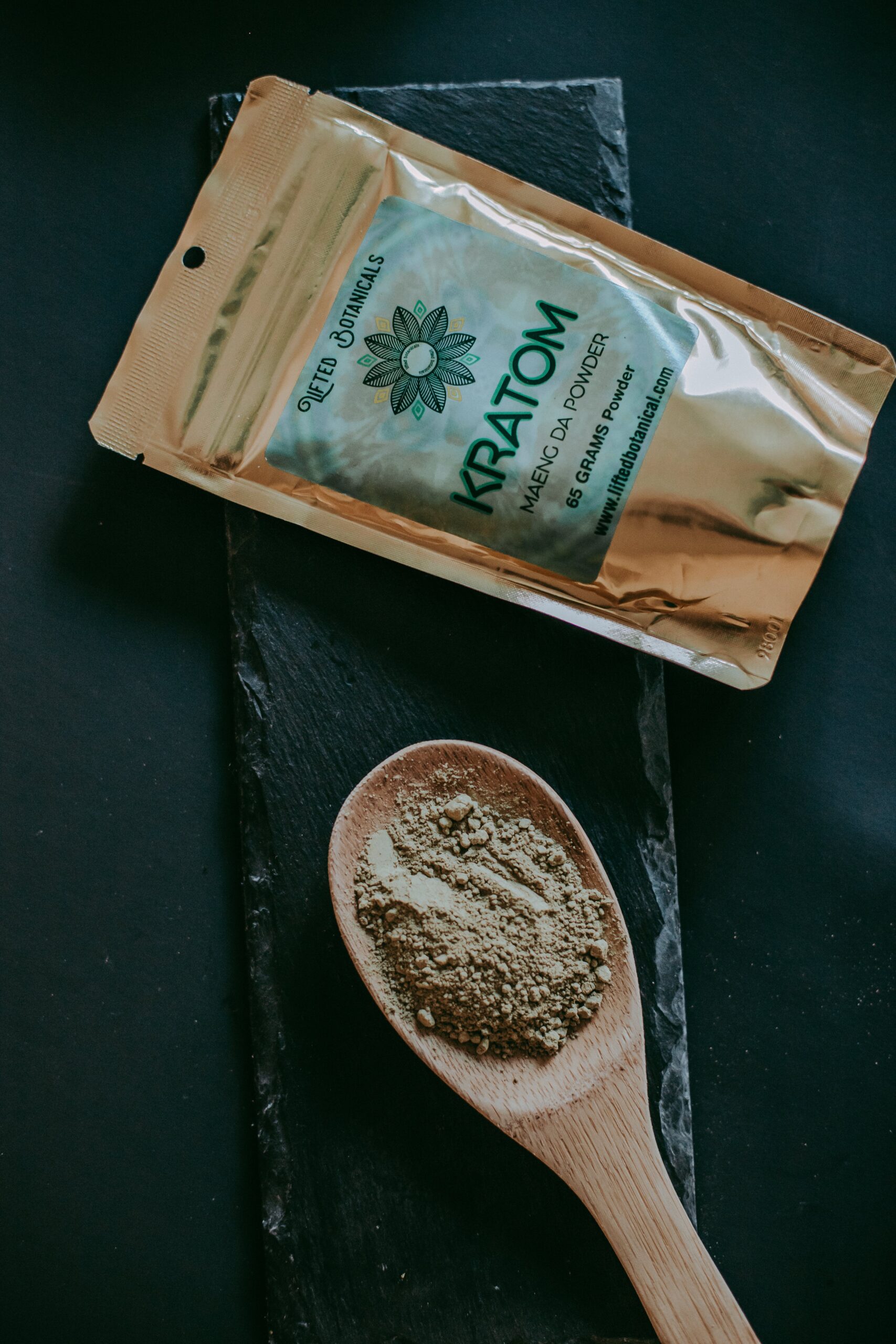
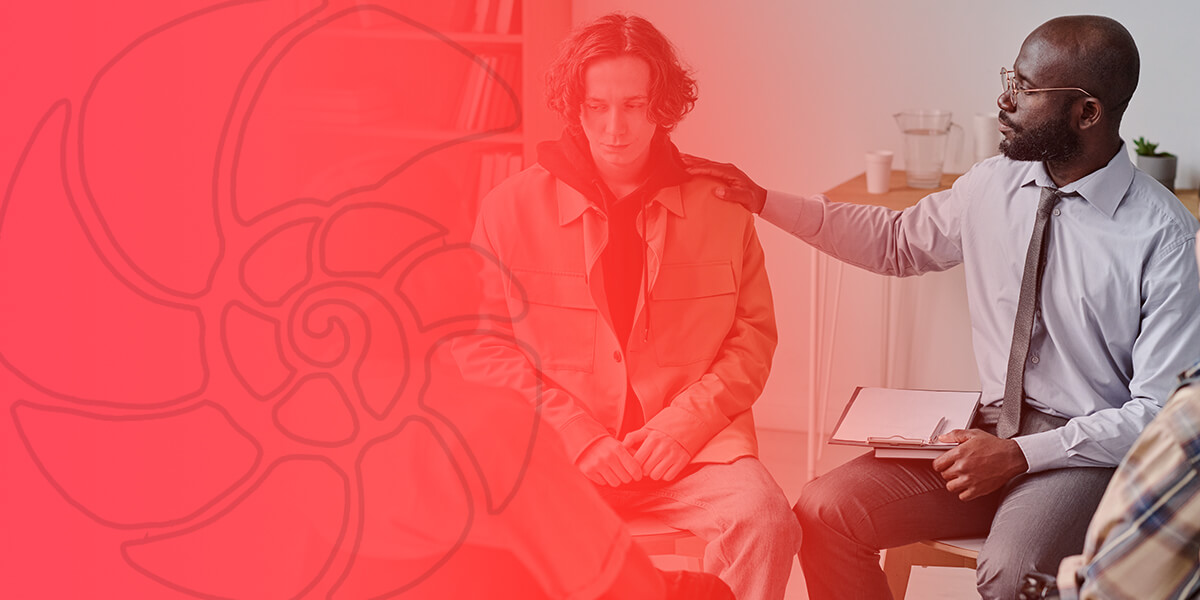


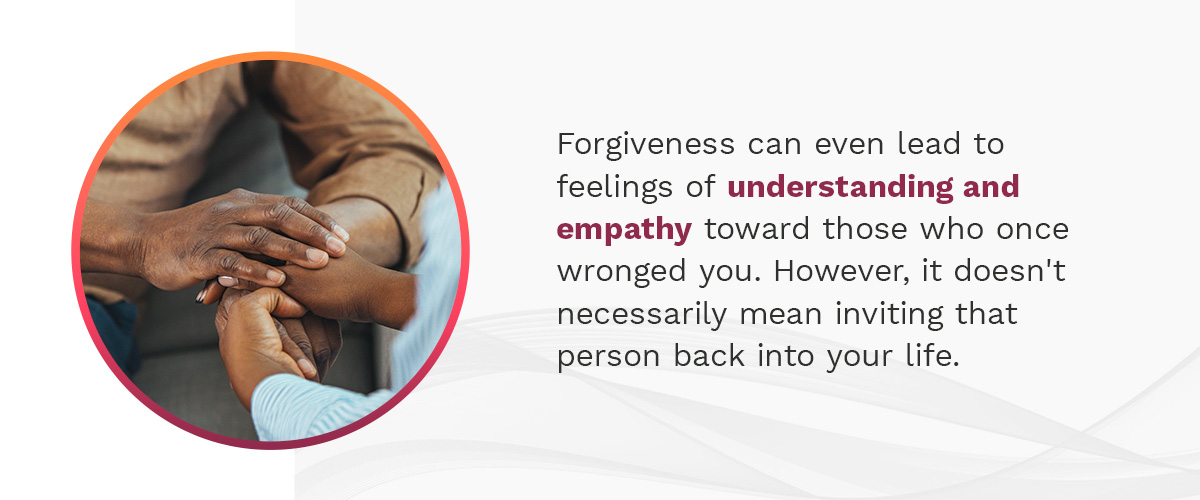

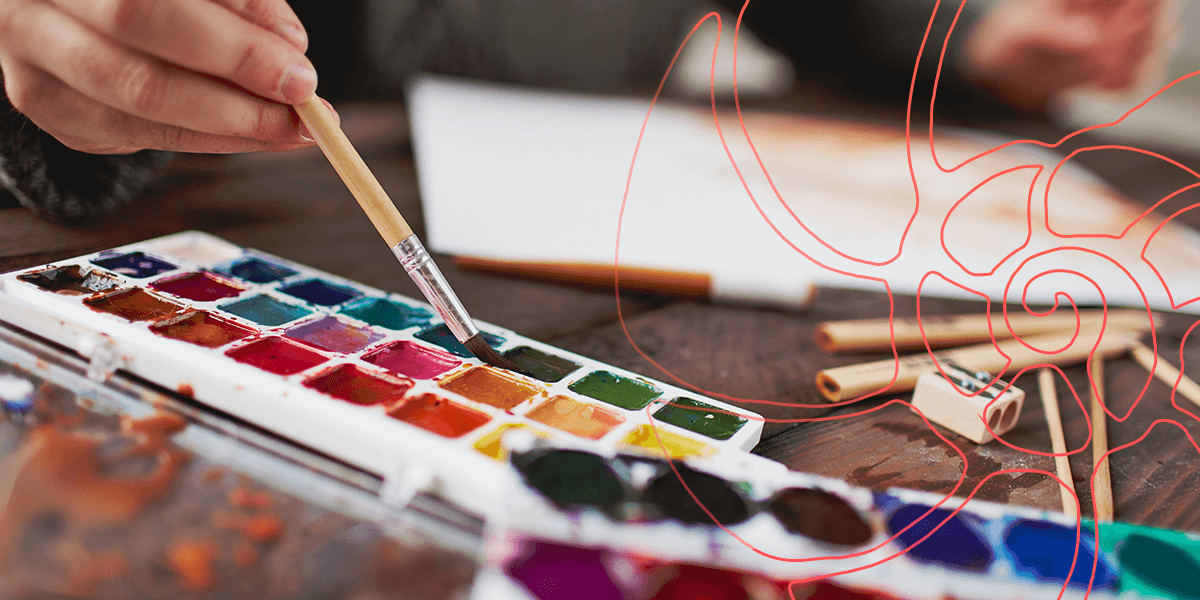
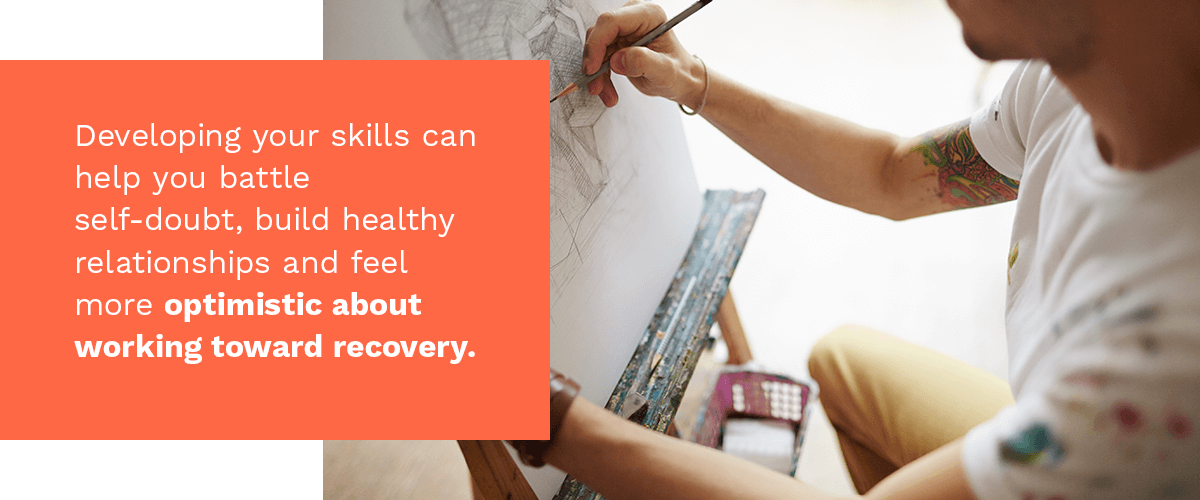


 Sunshine Reduces Depression
Sunshine Reduces Depression Receive Treatment in a Beautiful, Peaceful Environment
Receive Treatment in a Beautiful, Peaceful Environment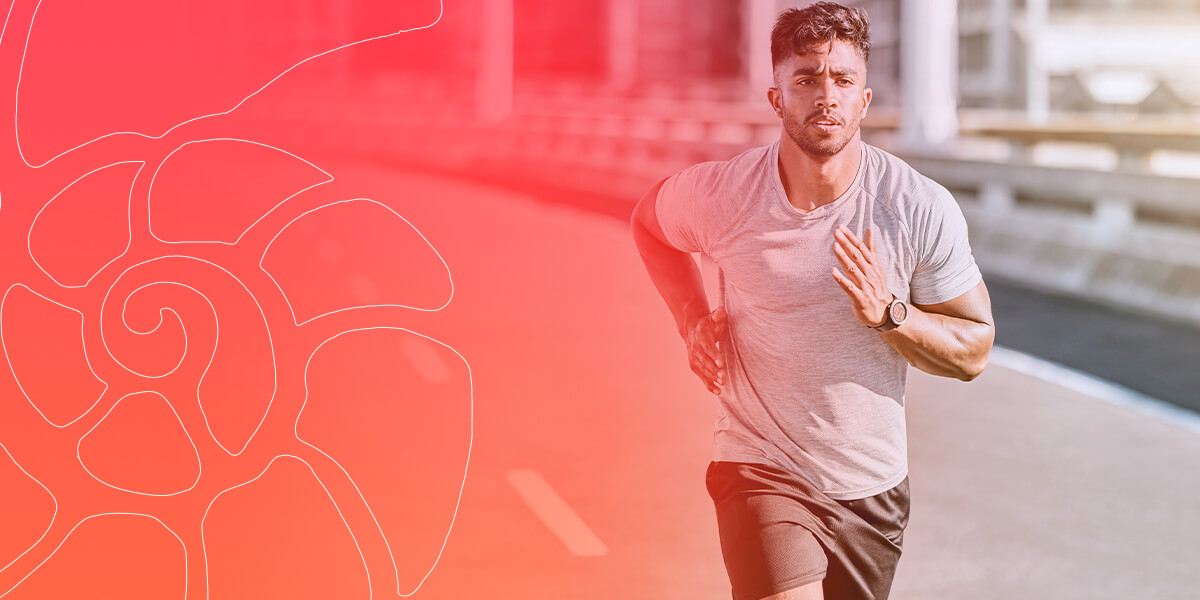
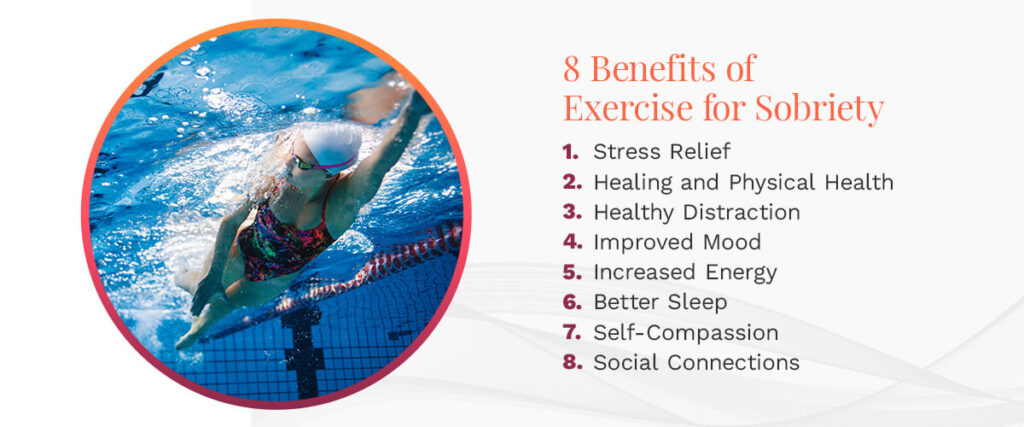
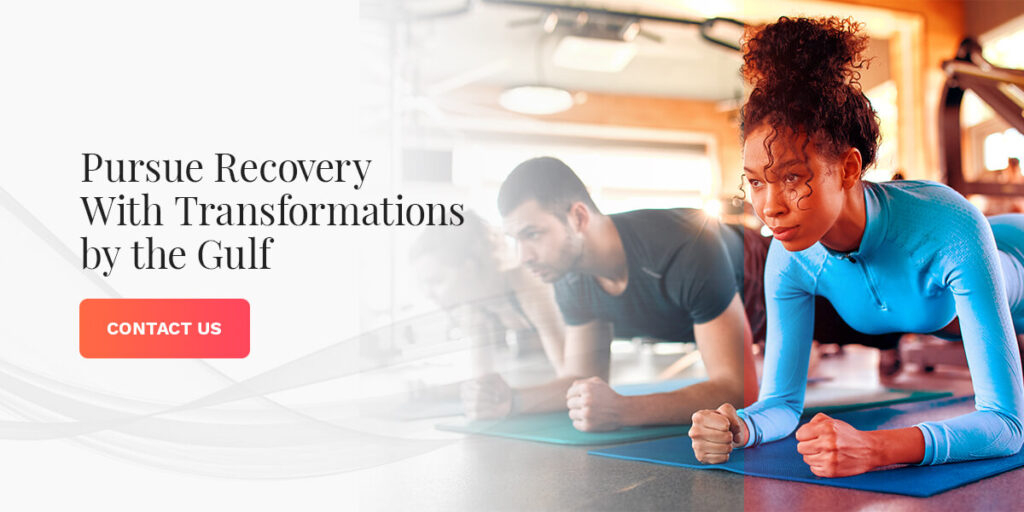

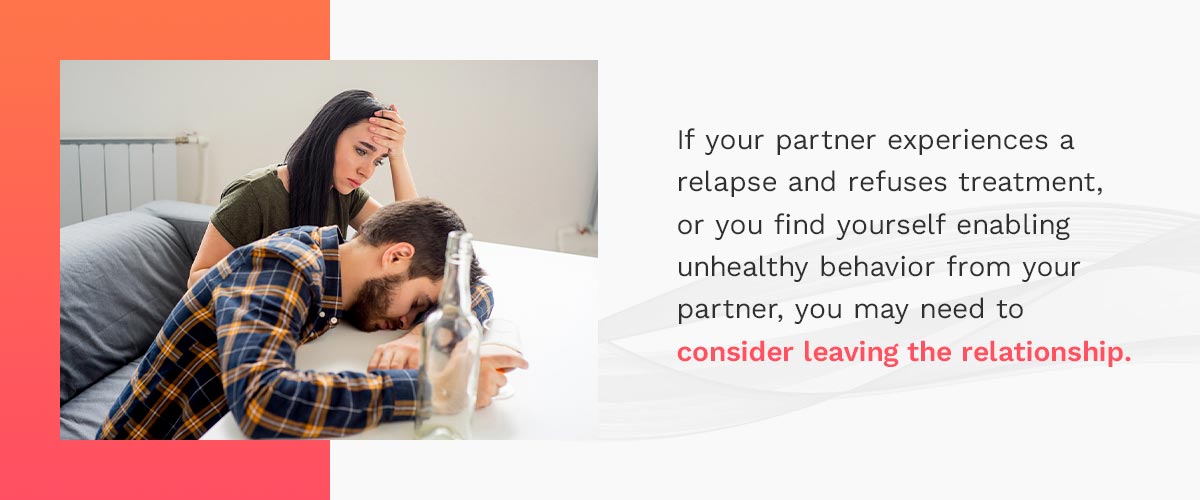 When to Consider Leaving a Partner
When to Consider Leaving a Partner
